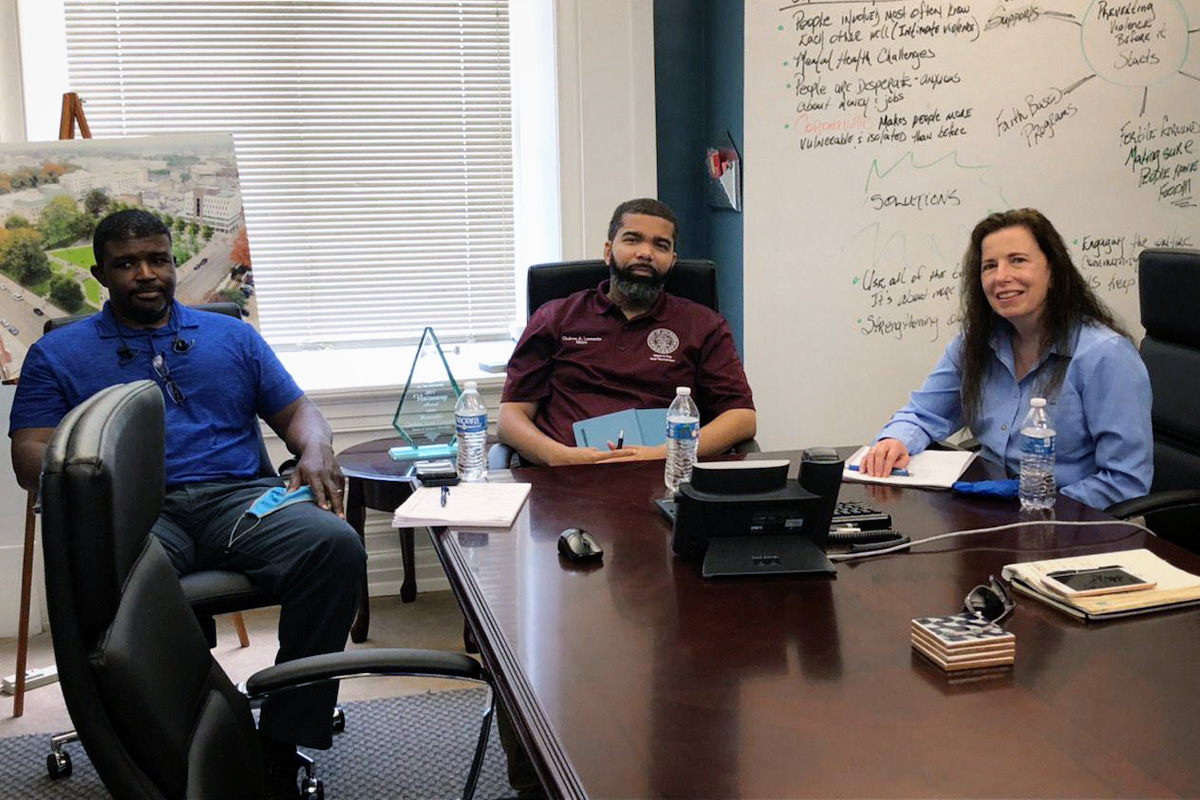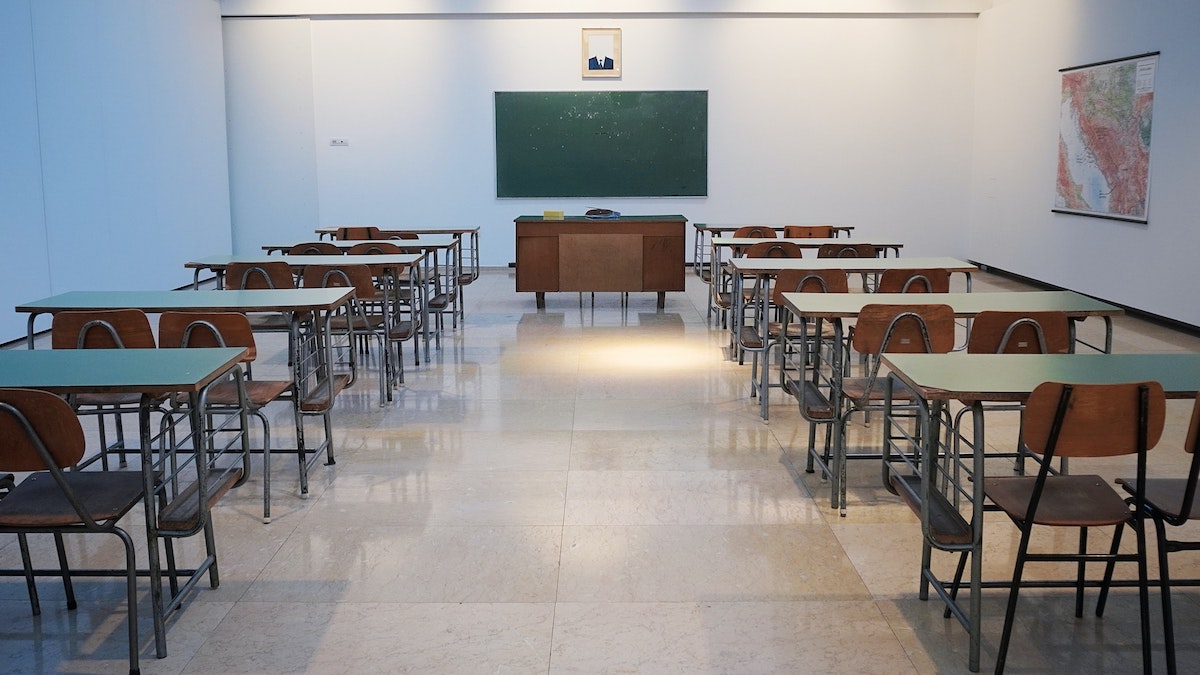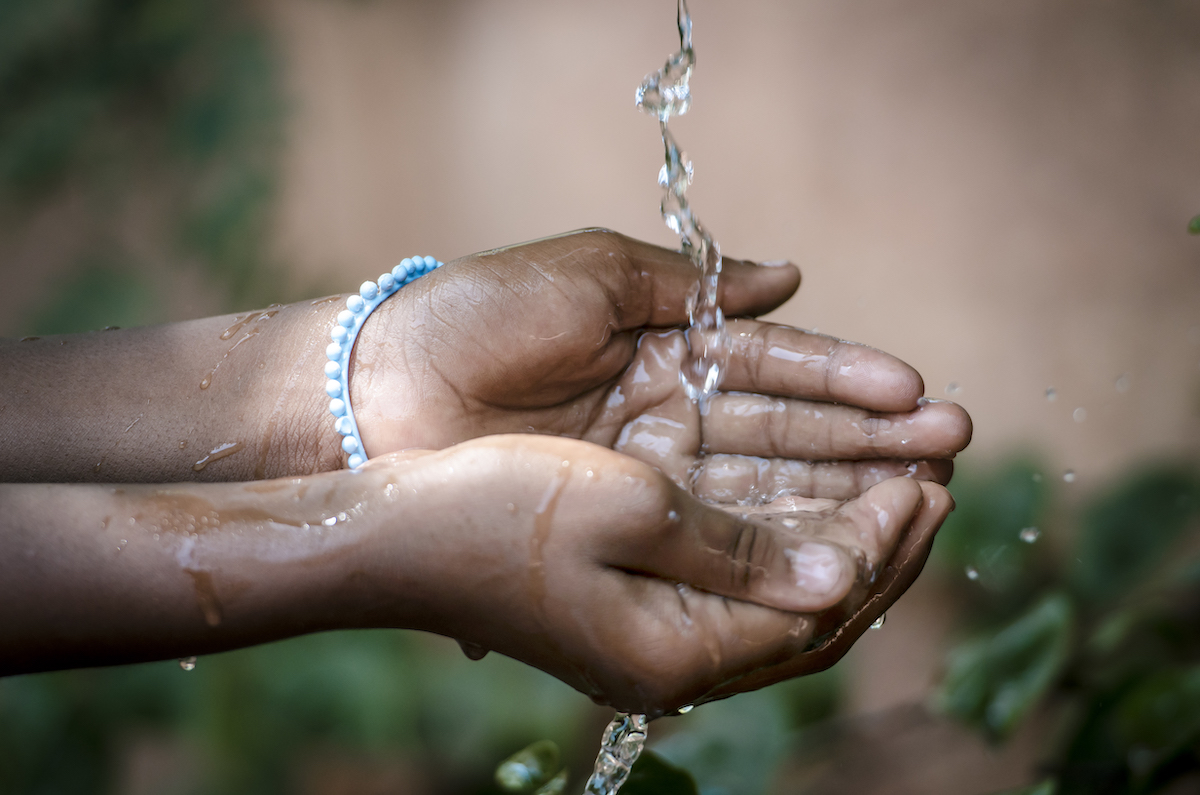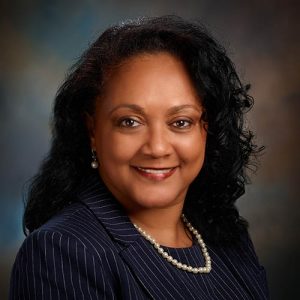Like many of you, I consider myself a daughter of the South. I am proud to say Mississippi is my life-long home. Mississippi educated me from preschool through my doctoral studies, and Mississippi taught me that community matters. From a young age, deep love was sown in my heart for our people, our culture, our music, our literary heritage and all the talent that exists here in our home state.
This is why when the W.K. Kellogg Foundation invited me to be a part of its generational commitment to Mississippi, I said “of course.” What better way to show my love than to continue working in service of our children, families and communities?
What I want for my children is what you want for your children: to see them getting into good schools or apprenticeships, excelling in their careers or running successful businesses, raising children of their own, helping their neighbors, and leaving their corner of the world a better place.
Ultimately, we all imagine a future where our children have grown into happy, healthy adults.
Yet, in this moment of crisis, for our children in Jackson, being happy and healthy requires having clean water. Our little ones won’t get to realize the brilliant future we see in our mind’s eye if the water running from their faucets causes them to become ill or doesn’t run at all. We must work swiftly and decisively to find the collective will to fix this failing infrastructure.
Children Are Relying On Us
All children and families deserve clean water; it’s a basic human right. They need it to safely eat, brush their teeth and bathe. They need it to energize them while they study, practice their newfound skills, and run, play and discover the world around them.
We’re already seeing the early consequences of this crisis. Schools are closed. The same businesses that provide for our children’s families, and power our local economy are shuttering.
While less tangible than water, the role we play as adults is profoundly important. Children cannot thrive—let alone survive—on their own. They’re relying on us to ensure they have the resources and support they need to flourish and grow. Their ability to trust or not trust us and the systems we create shape the way they understand the world and their place in it.

They’re especially relying on those of us who have the power to make significant decisions on their behalf—and it’s our relationships that make all the difference.
Children’s health, happiness and success is not just about individual parents or grandparents making good choices. It’s about a collective commitment on the part of those who have power and responsibility. Healthy relationships among those who work within a city or state’s systems and sectors are directly and critically linked to children’s health and well-being.
This is where we must lead by example.
Let Trust Flow Like Clean Water
In this moment, we need to address what’s in front of us. Then, when the immediate crisis is over, we need to recognize all of the existing systems that are failing our children, especially our children of color.
We need to examine how decisions made in the past have shaped our present and reckon with how the nature of our relationships shaped those decisions. Once our children are drinking clean water again, we need to commit ourselves to bridging divides, healing wounds and working together to transform the relationships necessary. This must happen inside and out of government and at the local, state and national levels so we can emerge from this crisis stronger than we were before.

Our shared fate will be bright if we start from a place of mutual respect and an unrelenting commitment to those we serve.
I am still proud to call Mississippi home. It is this pride for our community, for Jackson and for our children that assures me we can fix this. Together, we can be the ones who create the environments and communities that build up our children, rather than tear them down. We can be the glue that shores up the cracks in all of our systems so that our little ones and our descendants become whomever and whatever they dream to be.
Let trust flow like clean water, nourishing our hearts, our minds and our beings. Let it fill us with the confidence we need to meet this moment and create the brightest futures possible for our youngest residents. They deserve it.
This MFP Voices essay does not necessarily represent the views of the Mississippi Free Press, its staff or board members. To submit an essay for the MFP Voices section, send up to 1,200 words and factcheck information to azia@mississippifreepress.org. We welcome a wide variety of viewpoints.






